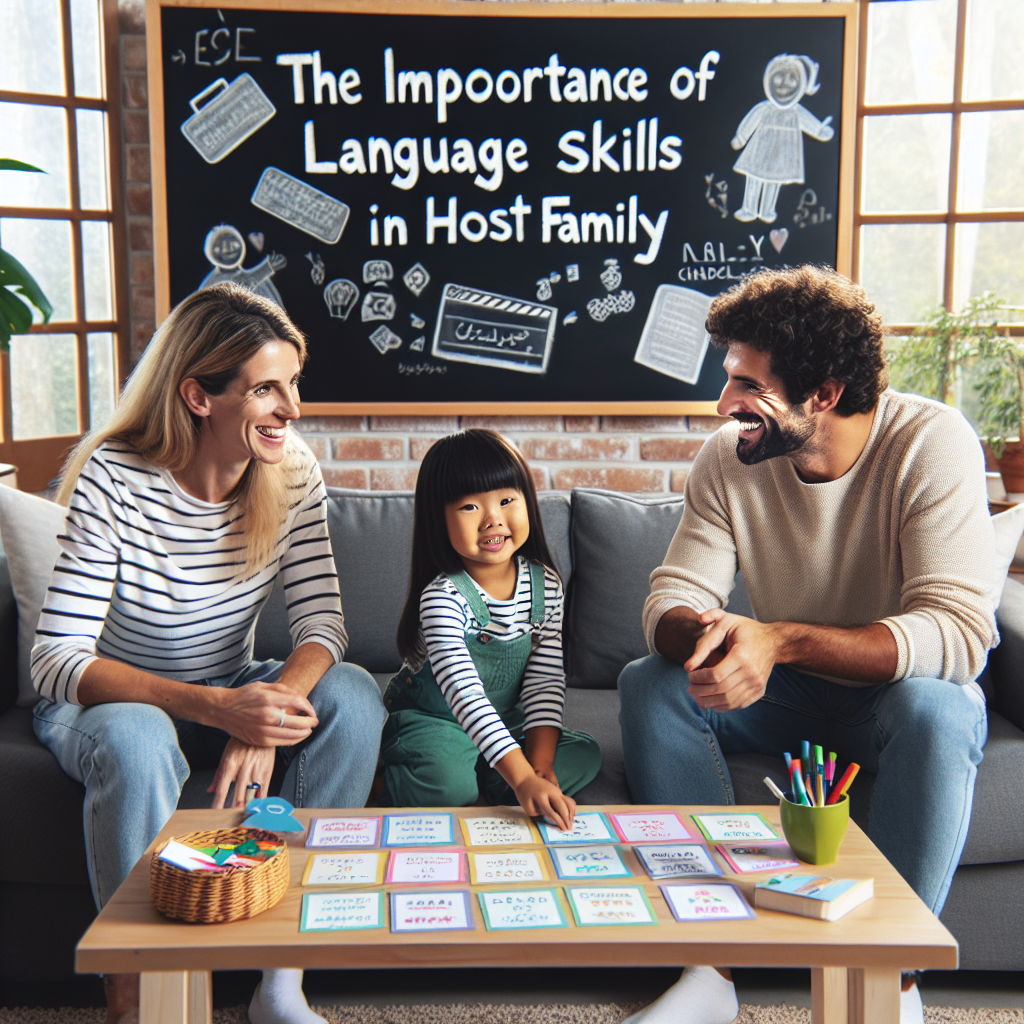Language skills play a vital role in host family childcare, as they enable effective communication between the child and the caregiver. Whether the caregiver is a native speaker or not, having strong language skills can enhance the overall experience for both the child and the host family.
Benefits of Language Skills in Host Family Childcare
One of the main benefits of having strong language skills in host family childcare is the ability to communicate clearly with the child. This includes being able to understand the child’s needs and preferences, as well as being able to explain rules and expectations in a way that is easily understood. Language skills also allow the caregiver to engage in meaningful conversations with the child, helping to build a strong bond and sense of trust.
Furthermore, language skills can also help the caregiver navigate any cultural differences that may arise while caring for a child from a different background. By being able to communicate effectively, the caregiver can better understand the child’s cultural norms and values, making it easier to provide appropriate care and support.
Effective Language Learning Strategies
For host family caregivers looking to improve their language skills, there are several effective strategies that can help. These include:
1. Immersion: Immersing oneself in the language and culture of the host family can help accelerate language learning. This can involve watching TV shows or movies in the host family’s language, listening to music, or engaging in conversations with native speakers.
2. Language classes: Taking language classes or hiring a tutor can provide structured learning opportunities to improve language skills. Many host family programs offer language classes as part of their childcare services.
3. Practice: Practicing speaking the language regularly is key to improving language skills. This can include speaking with the child, the host family, or other native speakers.
4. Cultural exchange: Engaging in cultural exchange activities, such as cooking traditional meals or celebrating holidays, can enhance language skills while also deepening the bond with the child and host family.
Conclusion
In conclusion, language skills play a crucial role in host family childcare, as they enable effective communication and cultural understanding. By investing time and effort into improving language skills, host family caregivers can create a positive and enriching experience for both themselves and the children in their care.



